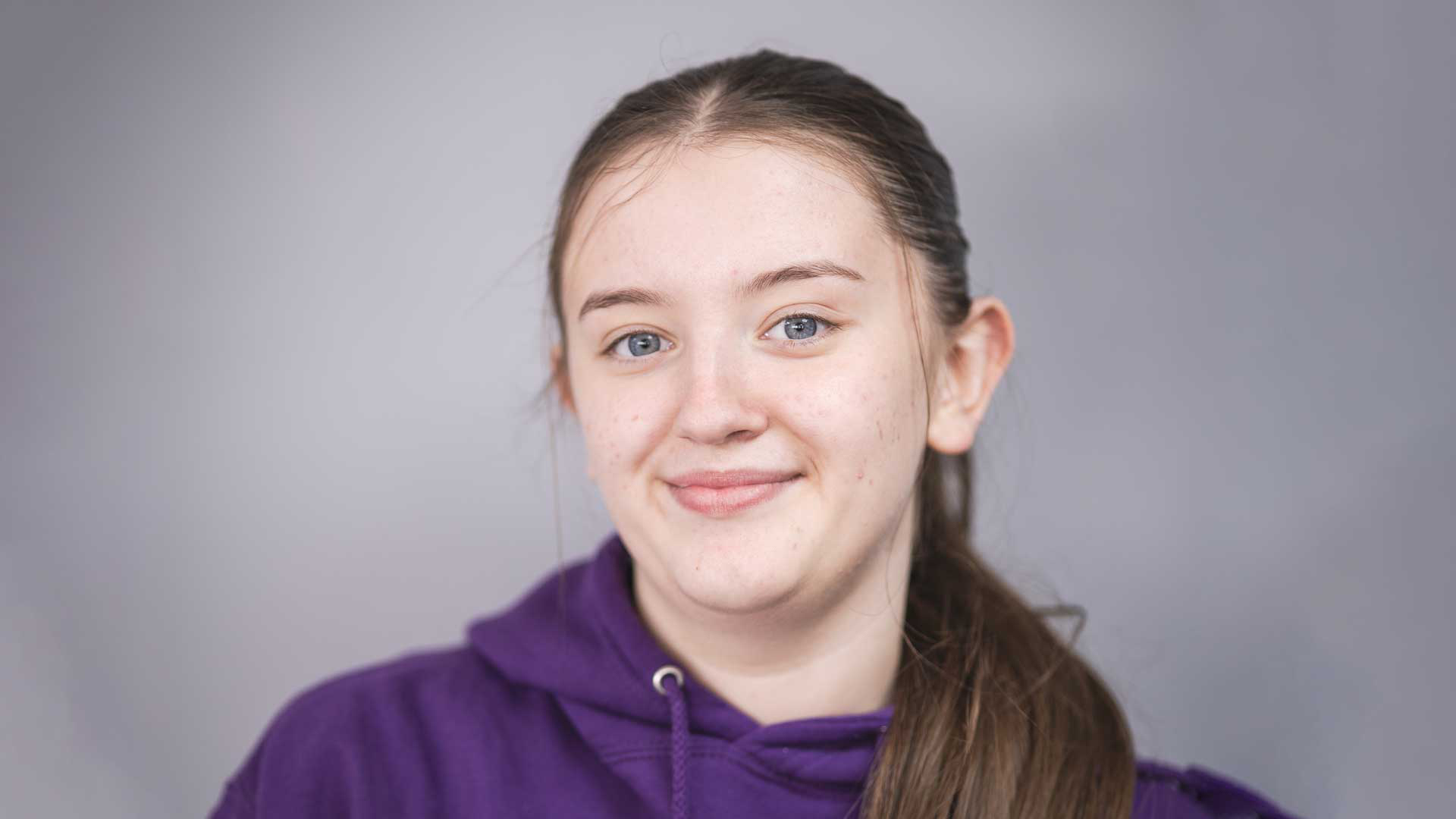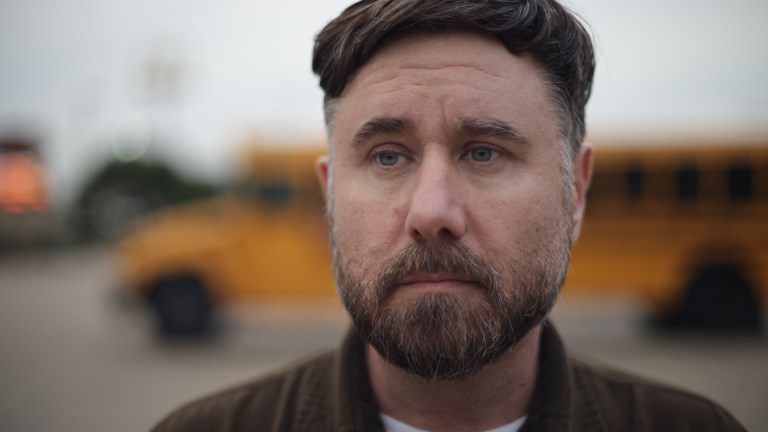After lockdown, I started to struggle in traditional education. I was midway through Year 9 when school returned to normal. It wasn’t that I didn’t want to do the work, or that I didn’t want to be there – I just couldn’t concentrate. In every lesson, I focused more on how my anxiety was making me feel than what the lesson was teaching.
My attendance began to slip. When I started Year 10, I was barely attending school and, when I did, I wasn’t learning anything as I was so behind. Teachers began to reach out, questioning why I wasn’t coming to school. My attendance got so bad my mum was fined and we were given a court order.
I was often described as ‘lazy’ and ‘apathetic’, when really there was nothing more I wanted than to do a full day of learning without my mental health taking over. I wanted to be seen and supported by school. I suggested many ideas, such as a reduced timetable, but these were all denied. This left me with no option but to leave. I was pretty much homeschooling myself already, so I decided to make it official – and avoid the legal trouble.
Read more:
- The story behind our Big Issue special edition created entirely by young people
- ‘We’re punished for being different’: Black girls excluded from school at double rate of white pupils
- How a school for kids with complex educational needs is changing lives: ‘These kids can thrive’
Leaving school was sudden, scary and unpredictable. I was lucky to have my Youth Zone, which made sure I didn’t fall behind socially. I fear what I would have become without their support. I studied maths and English at home and chose two new subjects: sociology and psychology. I almost entirely taught myself, buying revision guides and learning through those.
I passed all four GCSEs with grades four and five, which I know is great given the circumstances, but without the necessary support, I didn’t achieve as high grades as could have.





